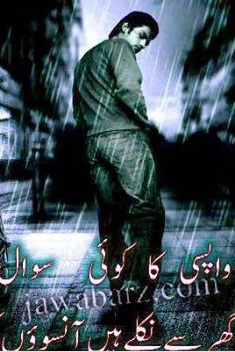
The major propositions of Badiou's philosophy all find their basis in Being and Event, in which he continues his attempt (which he began in Théorie du sujet) to reconcile a notion of the subject with ontology, and in particular post-structuralist and constructivist ontologies.[11] A frequent criticism of post-structuralist work is that it prohibits, through its fixation on semiotics and language, any notion of a subject. Badiou's work is, by his own admission,[12] an attempt to break out of contemporary philosophy's fixation upon language, which he sees almost as a straitjacket. This effort leads him, in Being and Event, to combine rigorous mathematical formulae with his readings of poets such as Mallarmé and Hölderlin and religious thinkers such as Pascal. His philosophy draws upon both 'analytical' and 'continental' traditions. In Badiou's own opinion, this combination places him awkwardly relative to his contemporaries, meaning that his work had been only slowly taken up.[13] Being and Event offers an example of this slow uptake, in fact: it was translated into English only in 2005, a full seventeen years after its French publication.
As is implied in the title of the book, two elements mark the thesis of Being and Event: the place of ontology, or 'the science of being qua being' (being in itself), and the place of the event – which is seen as a rupture in being – through which the subject finds realization and reconciliation with truth. This situation of being and the rupture which characterizes the event are thought in terms of set theory, and specifically Zermelo–Fraenkel set theory (with the axiom of choice), to which Badiou accords a fundamental role in a manner quite distinct from the majority of either mathematicians or philosophers.



